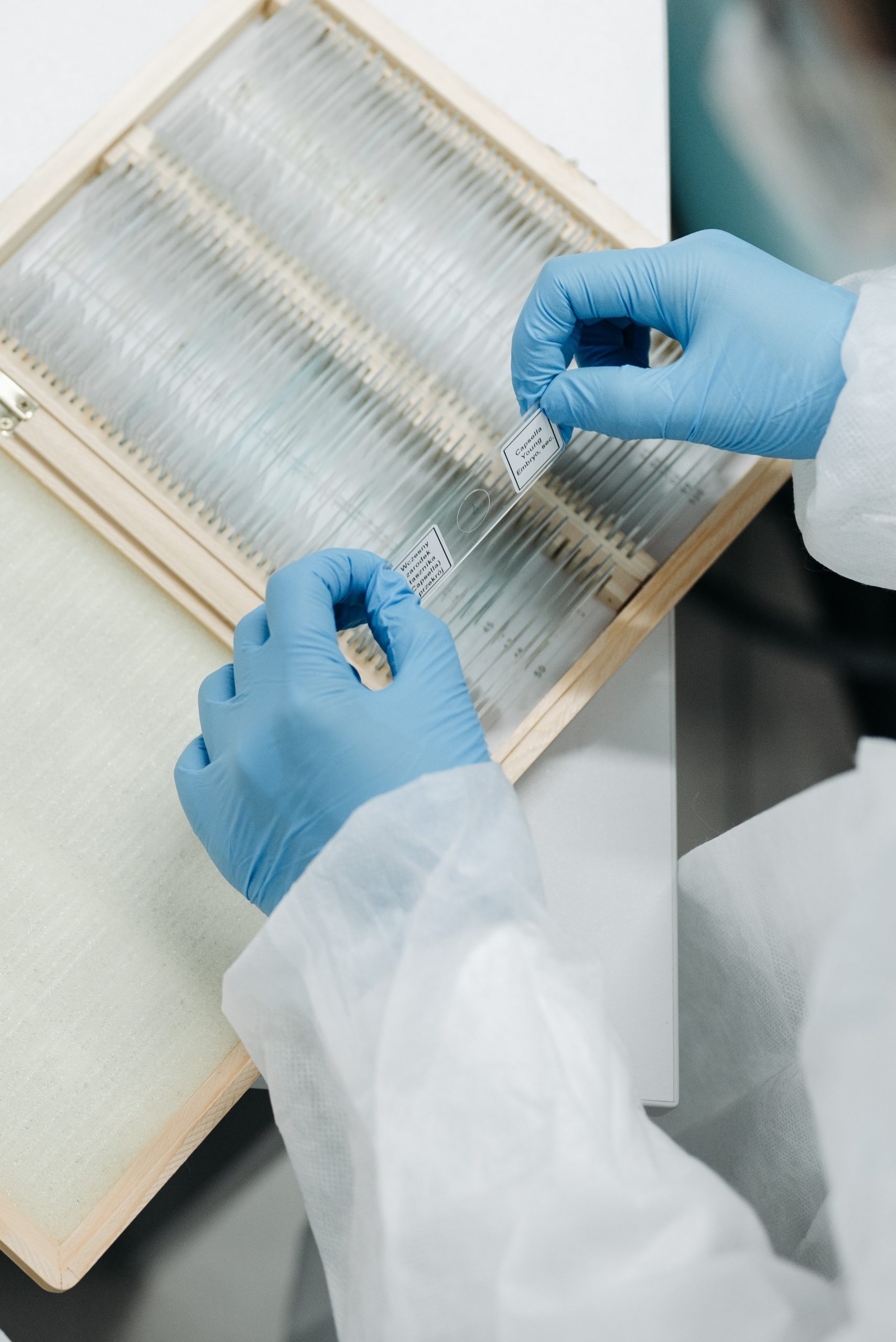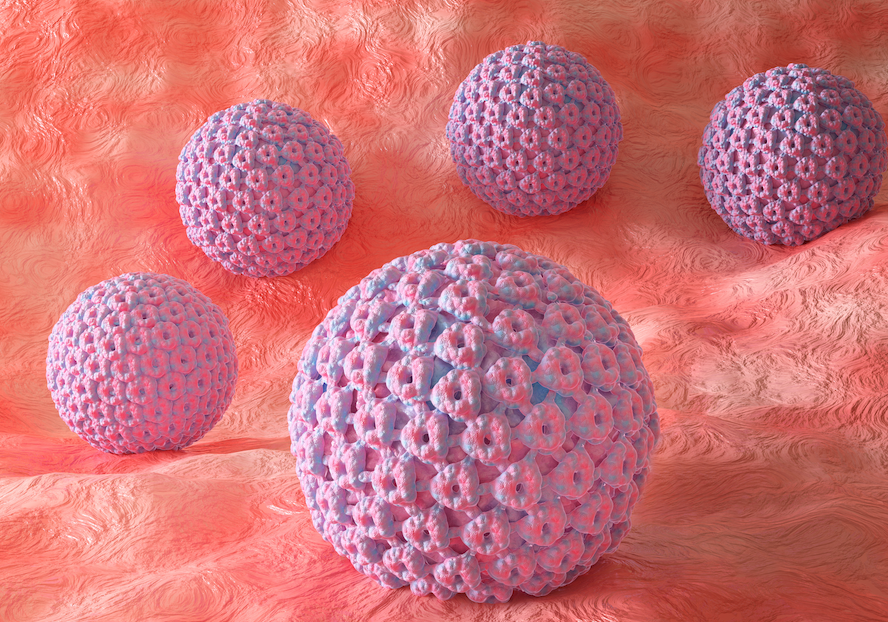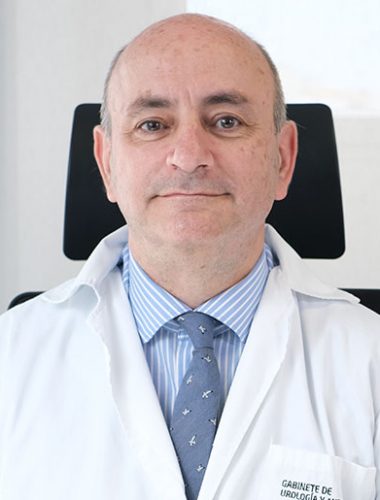

What is human papillomavirus?
What is human papillomavirus?
Human papillomavirus (HPV) is the most common sexually transmitted disease. It is known that the vast majority of people (more than 80% of the population) will have papillomavirus or be in contact with the virus.
HPV is a highly variable DNA virus with over 100 subtypes. Not all of them behave in the same way. Most of them are not dangerous, but it is true that some may predispose to certain cancers.
How is the virus transmitted?
The way to become infected is sexual: either by oral sex, penetration or simply by intimate contact with another person. As it is a virus that is incorporated into the human being very slowly, it can take many years or even decades for it to manifest itself. That is why in the vast majority of cases it is not possible to know who has transmitted it and, in more than 95% of cases, it is not the partner with whom we are at the time of diagnosis.
This virus can be found in the penis, vagina, cervix, anus or throat.
How can we protect ourselves from the virus or control it?
Controlling not to come into contact with this virus is practically impossible. Condoms partially protect but do not prevent infection. A person who has more than 2 sexual contacts during his life has more than an 80% chance of being in contact with the virus. Nowadays this happens to practically everyone.
What we can do is to control and live with this virus.
We must go to specialized centers to be able to study the patient and the couple and treat the cases that require it and locate papillomas in places difficult to find such as in the anus or in the urinary meatus. In addition, we will take a medical history of other diseases, laboratory tests and, if necessary, offer treatment or vaccination against Human Papilloma Virus.
How to avoid the consequences of this type of virus and how to promote prevention in each patient?
All sexually active women should be checked by a gynecologist and have a direct vision and cytology and have a study with direct vision and a cytology.
Men, in principle, do not require specific monitoring. Only if lesions appear, they should be treated.
Who should be vaccinated against HPV?
We have increasing evidence of the beneficial effects of the HPV vaccine. The vaccine has virtually no side effects.
Boys and girls up to 10-11 years old.
In addition, it can be offered to men up to 21 years of age or women up to 26 years of age who have not been previously vaccinated, but each case should be evaluated and the advantages should be discussed with the patient.
It is also recommended in immunocompromised patients, in patients with multiple outbreaks of condylomata due to the virus and in those with frequent outbreaks of infection.
Our specialists
Take care of your sexual health today! Don't wait any longer to schedule your appointment with our experts.






